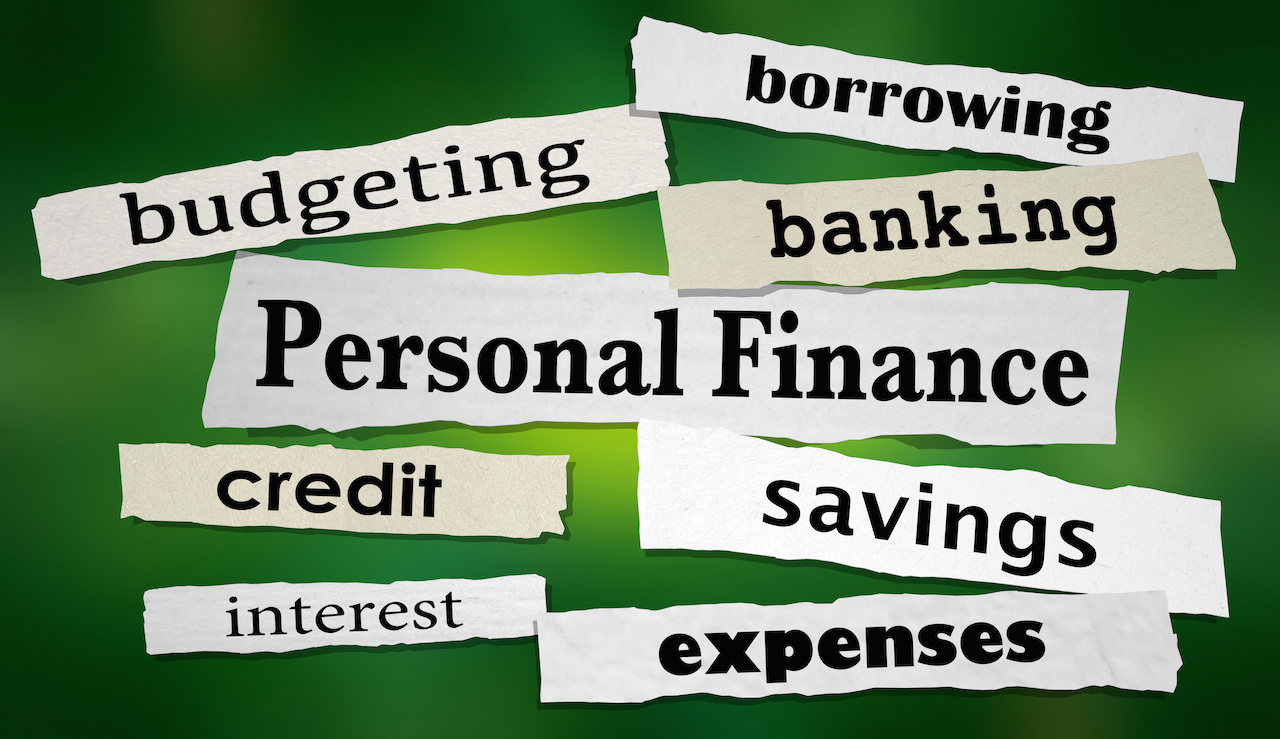Credit Sesame discusses common reasons for mortgage rejections in 2024 and steps that may help your mortgage application.
Mortgage rejections can be perplexing, especially when the reasons are not clear. However, certain factors consistently lead to these rejections. There are several primary reasons for mortgage denial in 2024 and corresponding strategies to improve your chances of approval.
1. Income Stability
Income remains a cornerstone criterion. Lenders seek reassurance that you can comfortably manage mortgage payments. Here’s how different income scenarios impact your application:
- Freelancers: Lenders view income variability as a risk. Providing consistent tax returns for the past two or more years can significantly bolster your credibility.
- Recent career changes: Establishing a steady income history in a new field builds trust with lenders and mitigates concerns over income stability.
2. Creditworthiness
While your credit score plays a pivotal role, it doesn’t paint the entire picture. Consider the nuances:
- Minimum credit score: The Federal Housing Administration (FHA) offers loans with a minimum credit score requirement of 580 for a 3.5% down payment. Conventional loans, which the government does not guarantee, may have varying credit score requirements (typically ranging from 620 to 640) depending on the lender and loan program. Higher scores yield better interest rates and approval chances.
- Credit history: Recent bankruptcies, foreclosures, or late payments can raise red flags. Resolving any outstanding issues and maintaining a pristine payment record is important. Building credit through the responsible use of a credit card can strengthen your application.
- Credit mix: Lenders prefer a diversified credit history, which includes various types of accounts such as credit cards, installment loans, and mortgages. This demonstrates your ability to manage different types of credit responsibly and adds depth to your credit profile, enhancing your overall creditworthiness
3. Debt-to-income ratio (DTI)
Your DTI, comparing monthly debt payments to gross monthly income, serves as a measure of your ability to manage additional debt. Aim for a DTI below 50% to enhance your approval odds.
4. Down payment and loan-to-value ratio (LTV)
A larger down payment (ideally 20% or more) and a lower LTV signify lower borrower risk. This demonstrates financial commitment and reduces lender exposure in the event of default.
5. Savings reserves
Maintaining robust savings reserves (equivalent to 3-6 months of living expenses) signals financial stability and assures lenders of your capability to handle unforeseen circumstances.
6. Application accuracy
Thoroughly review your application to eliminate errors or omissions. Incomplete or inaccurate information can lead to rejection. Ensure all details are accurate before submission.
7. Choosing the right lender
Lenders differ in their offerings and requirements. Collaborating with an experienced mortgage broker can streamline the process, identify lenders with suitable programs, and advocate for your application’s success.
8. Mortgage landscape awareness
Staying abreast of prevailing lending trends and economic conditions is crucial. Understanding the mortgage landscape empowers you to make informed decisions aligned with your homeownership aspirations.
Securing mortgage approval
Securing a mortgage may seem formidable, but addressing common reasons for rejection and strengthening your financial position helps your approval prospects. Start by checking your credit score for free so you know what you are starting from. Explore multiple lenders and seek guidance from mortgage professionals. With preparation and a solid financial foundation, homeownership dreams can indeed become a reality.
If you enjoyed Mortgage rejections in 2024 and what to do about them you may like,
- 10 reasons for mortgage rejection
- Guide to buying a house and getting a mortgage
- How to build credit
Disclaimer: This guide to buying a house and getting a mortgage is for informational purposes only and is not intended as a substitute for professional advice.





















